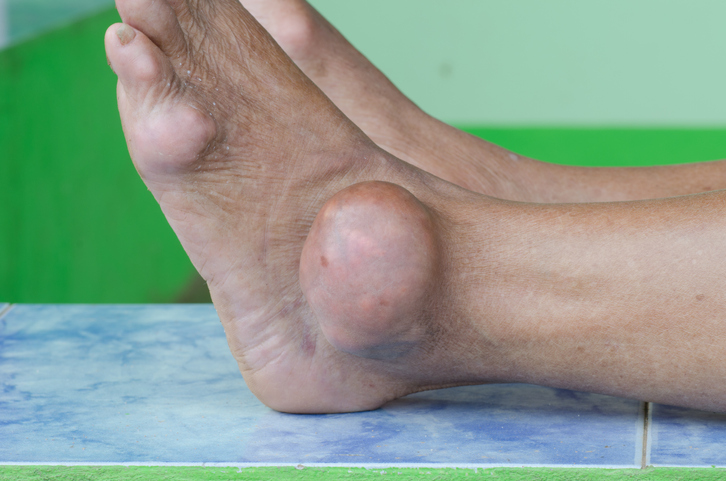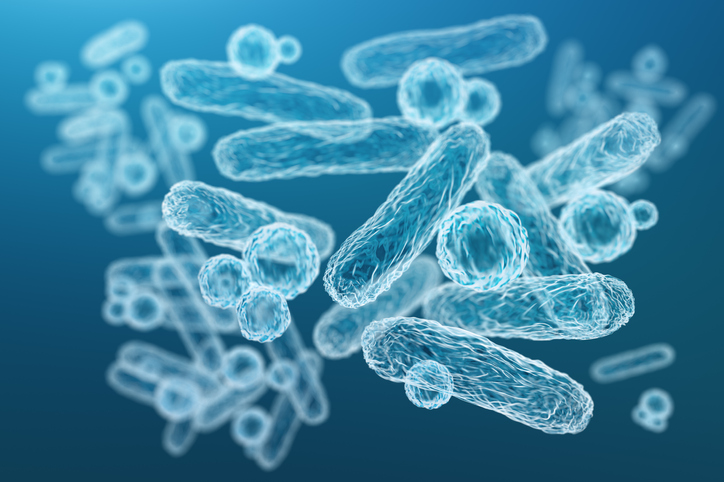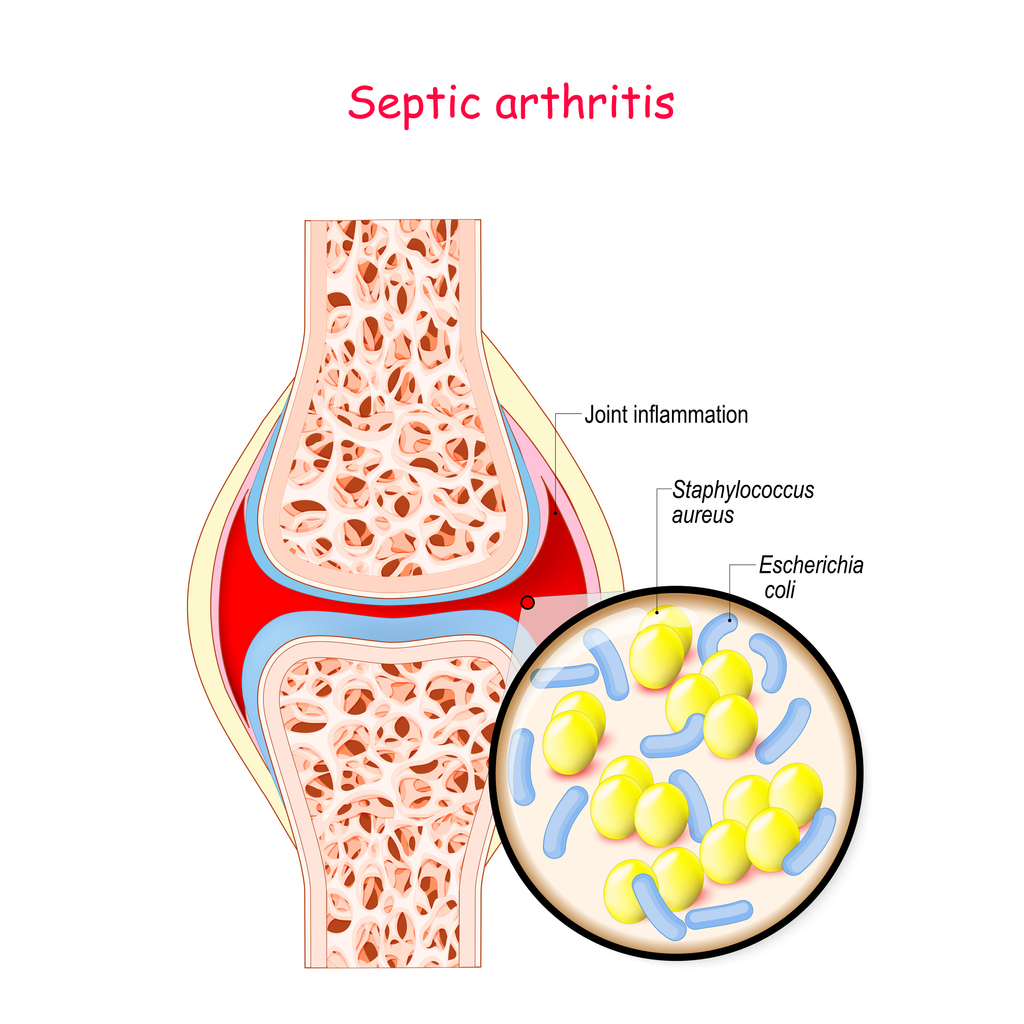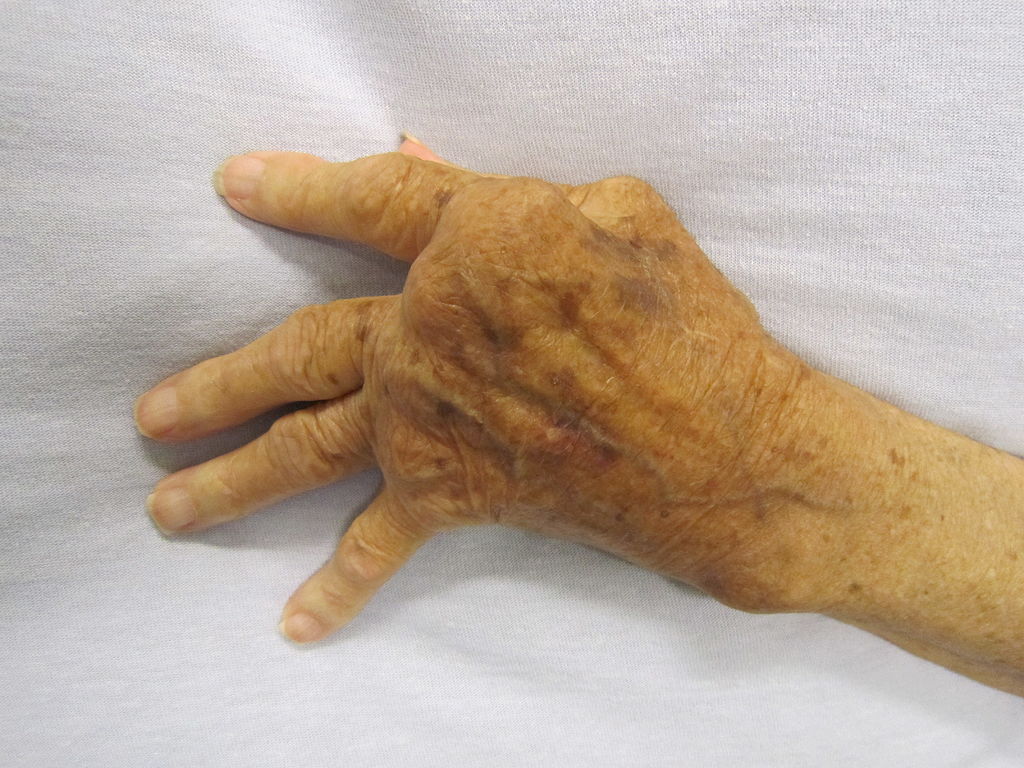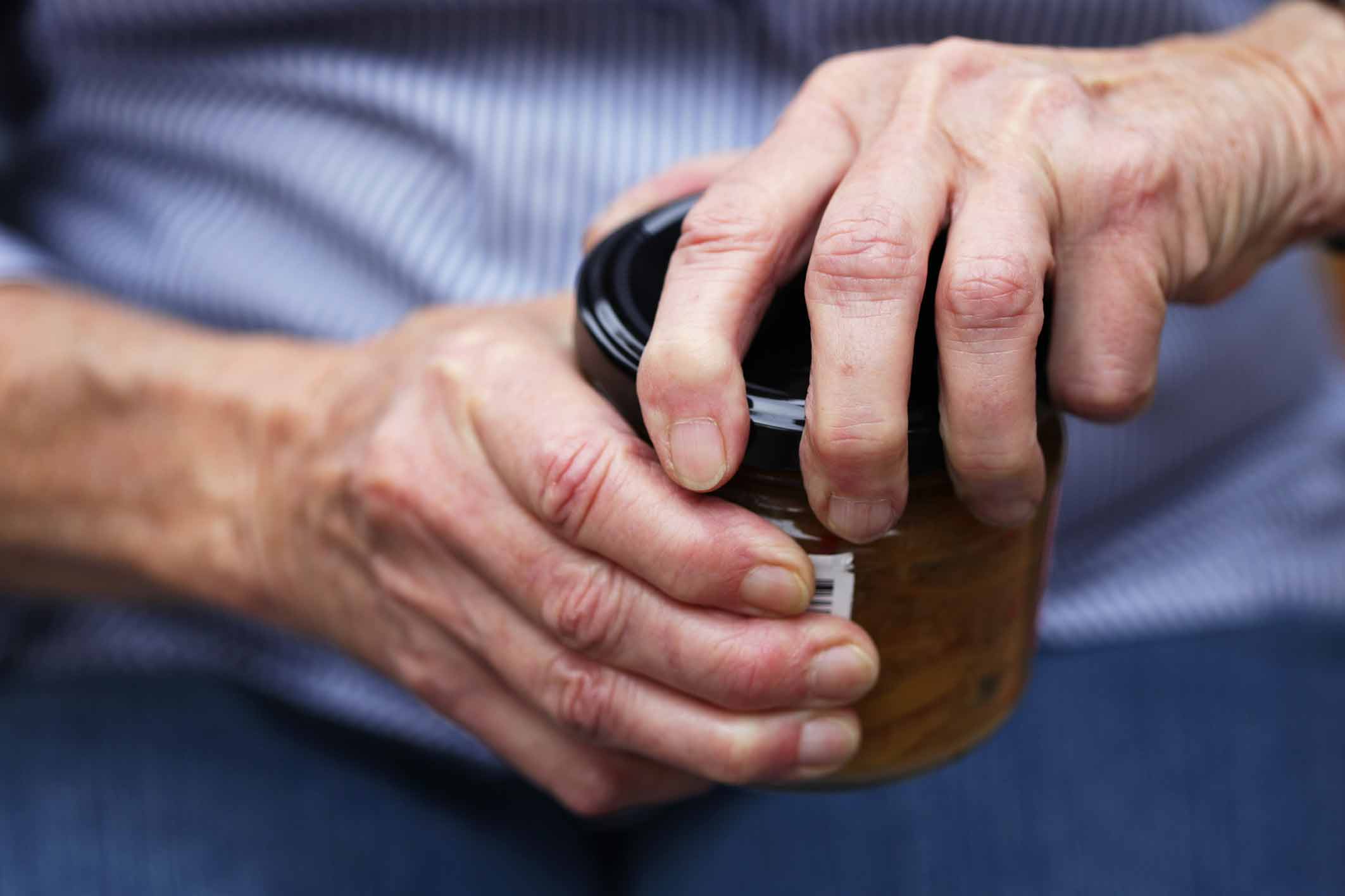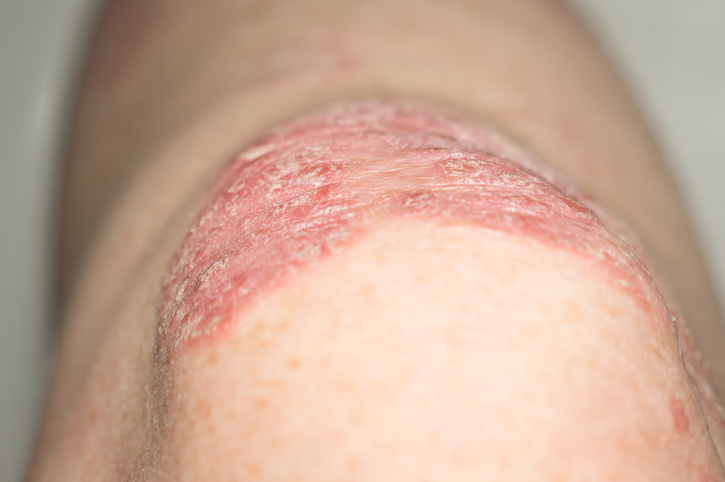Pain
What Is Gout?

Gout is a complex form of arthritis that can develop when the blood contains high levels of uric acid. If the body produces too much uric acid or the kidneys excrete too little uric acid, it can build up in the blood and form sharp urate crystals in or around specific joints, most commonly the joint at the base of the big toe.
Gout attacks often occur suddenly and cause intense pain. The affected joint becomes hot, swollen, red, and extremely tender to the touch. A sensation that the joint is “on fire” is common, and even the weight of a sheet on the affected joint is extremely painful. Acute gout attacks typically last 3-10 days. Symptoms are not present between gout attacks. However, if left untreated, gout can become chronic and cause permanent damage to the affected joints.
Symptoms
Gout attacks are often sporadic. Pain typically occurs suddenly. Symptoms of gout include the following:
- Intense joint pain
Although gout can occur in any joint, it typically affects the large joint at the base of the big toe. Pain is often sudden and intense within the first 4-12 hours after the attack begins. - Inflammation and redness
The affected joint becomes swollen, red, tender and warm. - Limited range of motion
The affected joint loses the ability to move naturally. - Lingering discomfort
Joint discomfort may last from a few days to a few weeks after the initial gout attack. Future gout attacks may last longer and affect more joints. - Asymptomatic gout
Asymptomatic gout can occur when too much uric acid is in the blood, but symptoms of gout do not develop.
Causes
Gout is caused when high levels of uric acid in the blood cause the formation of urate crystals in a joint. Uric acid is produced when the body breaks down purines (substances naturally found in the body). Foods, such as steak, organ meats, and seafoods also contain purines, and alcohol and fructose increase levels of uric acid in the blood. Uric acid typically dissolves in the blood and passes through the kidneys. However, if the body produces too much uric acid or the kidneys excrete too little uric acid, it can build up in the blood, causing gout. This can be a result of blood disorders, metabolism disorders or dehydration. An inherited disorder, kidney problems, or thyroid issues can also make it difficult for the body to remove excess uric acid.
Risk factors
Risk factors include the following:
- A family history of gout
- Middle-aged male or postmenopausal female
- A diet of purine-rich foods, such as red meats, organ meats, or seafood
- Alcohol consumption, especially beer
- Obesity
- Use of medications, such as diuretics, cyclosporine, anti-rejection drugs, or low-dose aspirin
- Medical conditions, such as high blood pressure, diabetes, heart disease, kidney disease, thyroid disease, or sleep apnea
- Recent surgery or trauma





